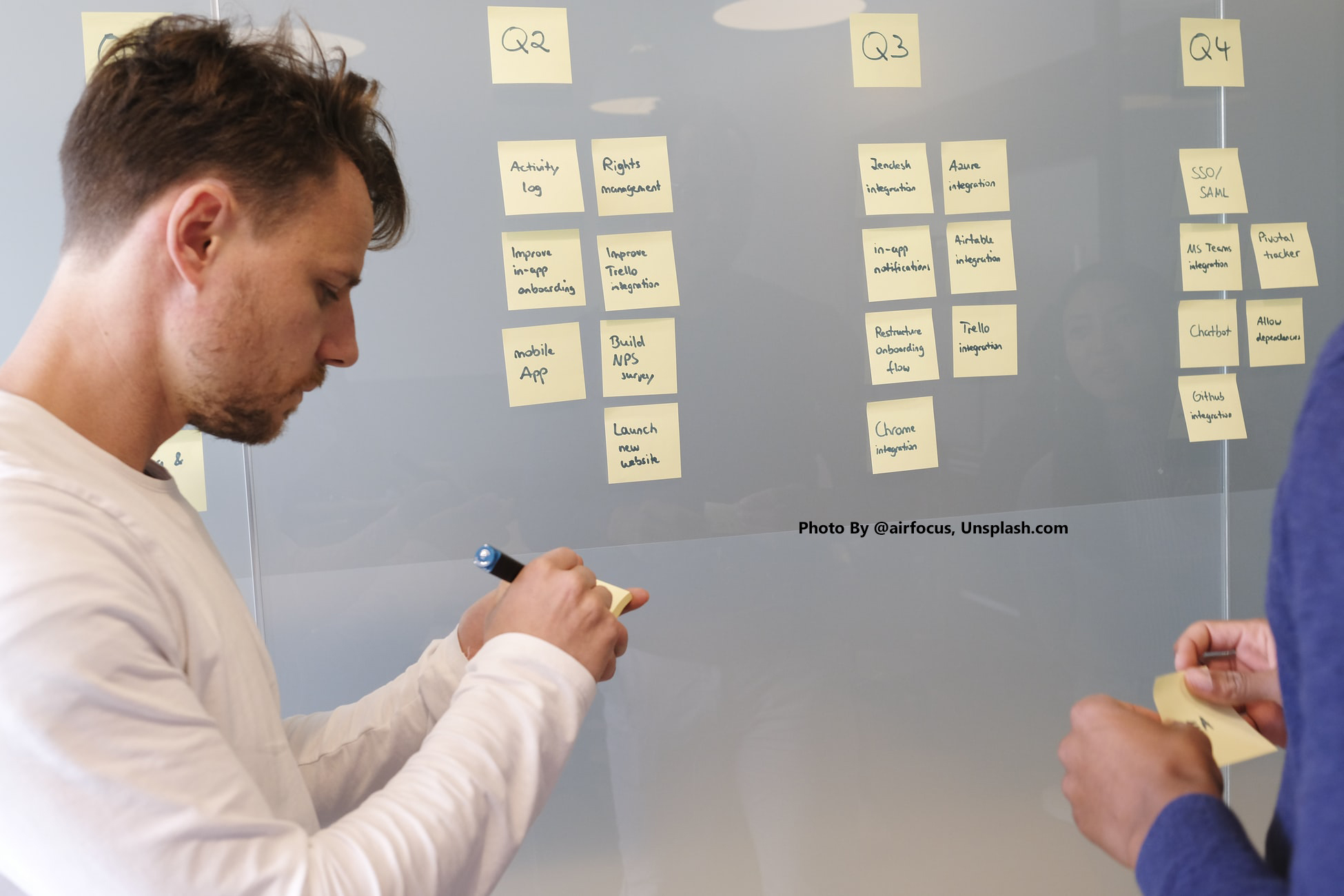
13 Sep 8 Things A Good PM Knows About Change Management
A PM is a champion of change for his project
A change champion is an individual who supports and champions a change that is impacting their organization or group. A successful PM should understand what changes the project will bring in. He should realize how the stakeholders will be impacted. Realizing it on time gives him sufficient time to influence the stakeholders, be prepared for the changes to minimize negative impacts and maximize opportunities. Understand the changes early so that you get sufficient (as if time would really be sufficient!) time to influence your stakeholders and negotiate with them.
Types Of Changes A PM Usually Manages
- Changes Anticipated: Involves planning and proactive action. If you have some idea that the things might change in a certain way (Skilled resources leaving the project), it is always better to have a plan handy. it will save you some sleepless nights. Planning proactively will always help you take right step without causing too much impact to the project
- Corrective Changes: These are the changes that the project manager has to get done when some errors happen. This change management is used in case of crisis. The PM and the team many times needs to do out of box thinking. Though it is best avoided, many times sudden situations make them unavoidable
- Incremental Changes: These are the changes that mostly happen as people realize what they want after they start using the project deliverables
- Policy Changes: The changes that happen due to changes in strategy fall under this category. usually these changes have a big impact on the project. A wise PM should be checking if there are any such changes that may happen in near future, especially before taking major decisions
To Manage Changes Successfully, The PM Should:
- Understand stakeholders pain points
- Show what value brought in by the changes
- Retrospect and think if you need to do something differently
- Keep constantly in touch with most impacted stakeholders
- Communicate frequently and transparently
- Track stakeholder satisfaction and acceptance of changes
- Manage stakeholder concerns about changes before they become issues
- Ensure that the stakeholders are participating as per the needs of the project.



No Comments